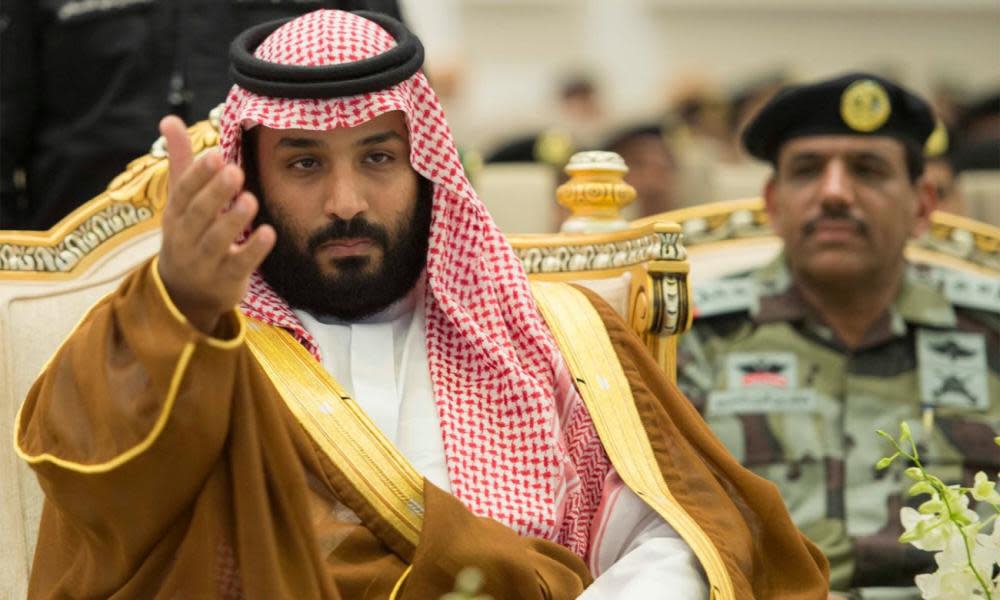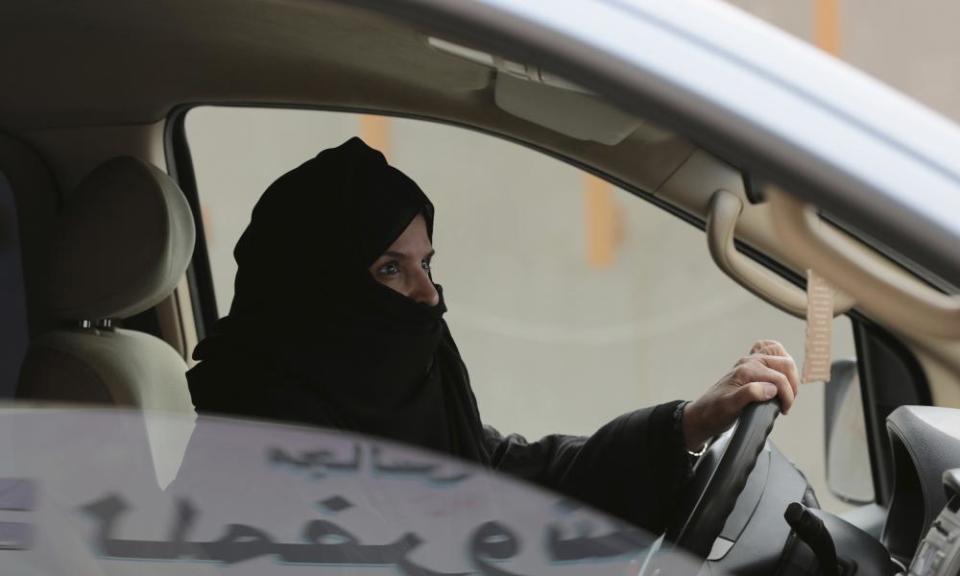Saudi Arabia arrests key activist in human rights crackdown

Saudi Arabia’s crackdown on human rights activists has continued with the arrest of its most prominent human rights campaigner, Mohammed al-Bajadi, Amnesty International has said.
Four recently arrested activists have now been released, but up to seven others remain in detention and may face extended jail sentences.
The arrest of Bajadi on Friday is a serious blow since he is a founding member of the banned Saudi Civil and Political Rights Association, which has accused the security forces of abuses.
In 2012, Bajadi went on hunger strike for five weeks over his imprisonment the previous year for attending a protest in the capital, Riyadh, held by families of arbitrarily detained prisoners. He was later sentenced to five years in prison for “insurrection”, and released in 2015.
Most of those arrested in recent days by the Saudi authorities are women who had campaigned for the right to drive, a reform that is due to come into force on 24 June and which has been touted by its leaders as a symbol of a country that is modernising its economy and social sphere.
The government announced last week that seven people had been arrested for suspicious contacts with foreign entities and offering financial support to “enemies overseas”, and said other suspects were being sought.
Saudi government-directed newspapers accused the campaigners of treason and implied they had been funded by the Gulf state Qatar, a country with which Saudi has been in a year-long dispute.

The arrests have been condemned by some governments, but the UK has remained silent, claiming private pressure is more effective. The UK has never had any illusions that the Saudi crown prince, Mohammed bin Salman, is willing to grant more political freedoms, alongside the relatively greater social freedoms he is offering such as women’s right to drive, the opening of cinemas and the demise of the religious police.
But British diplomats are puzzled as to why Prince Mohammed is willing to precede the lifting of the laws banning women from driving by arresting those who campaigned for the reform to happen. The arrests may also be designed as a warning by the Saudi leadership that they are in charge of the country’s social revolution and will set strict limits that stop well short of western standards.
Among those released are Aisha al-Mana, 70, who is said to be in frail health. Mana is well-known for being part of a group that launched the first Saudi protest movement in 1990 for the right to drive. Three other campaigners against the guardianship system, Madeha al-Ajroush, Walaa al-Shubbar and Hessa al-Sheikh, have also been released.
But it is understood that the 28-year-old Loujain al-Hathloul, also held in 2014 for more than 70 days for attempting to drive from the neighbouring United Arab Emirates to Saudi Arabia, remains in detention, as does Aziza al-Yousef, a retired professor at King Saud University in Riyadh.

 Yahoo News
Yahoo News 
